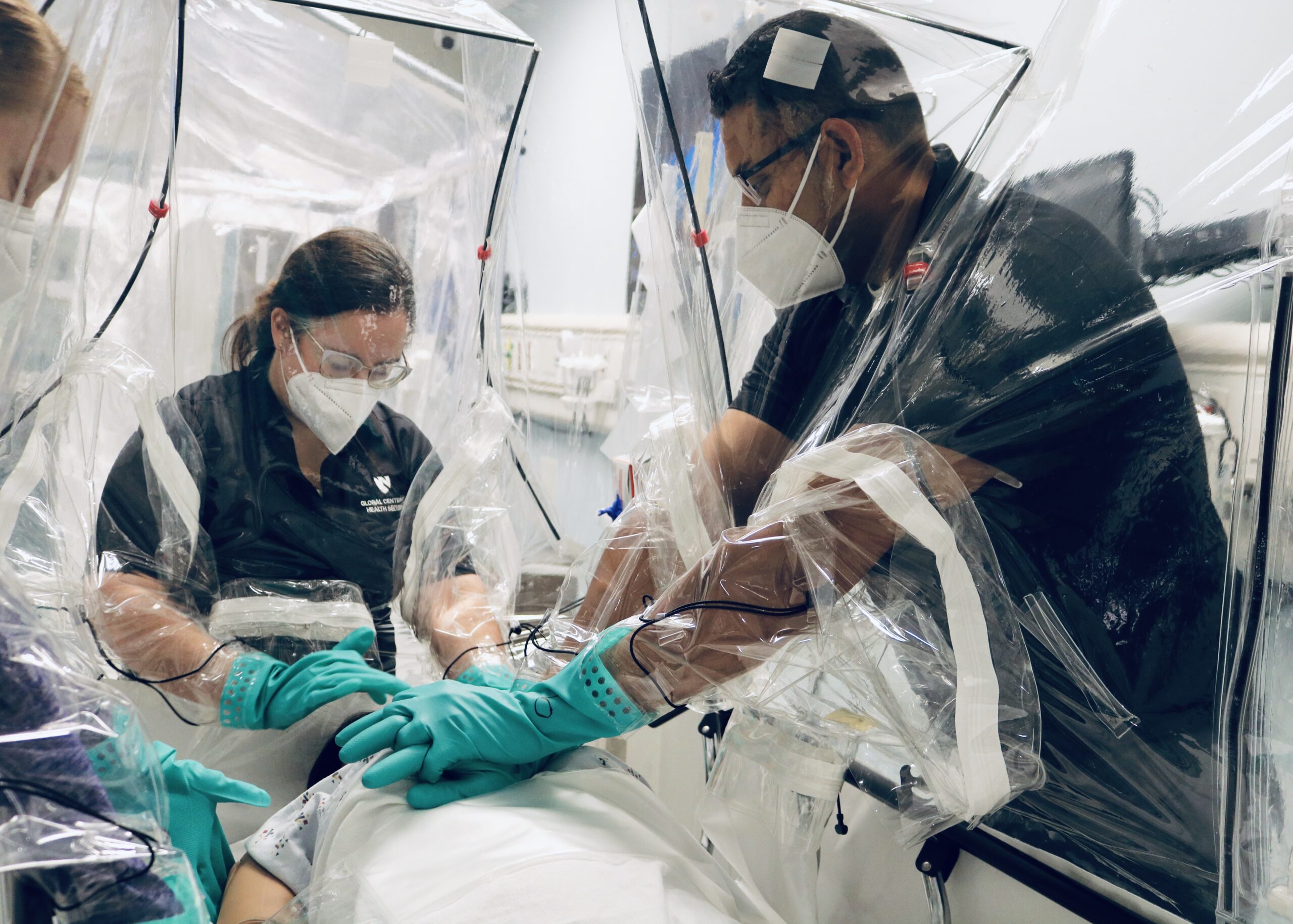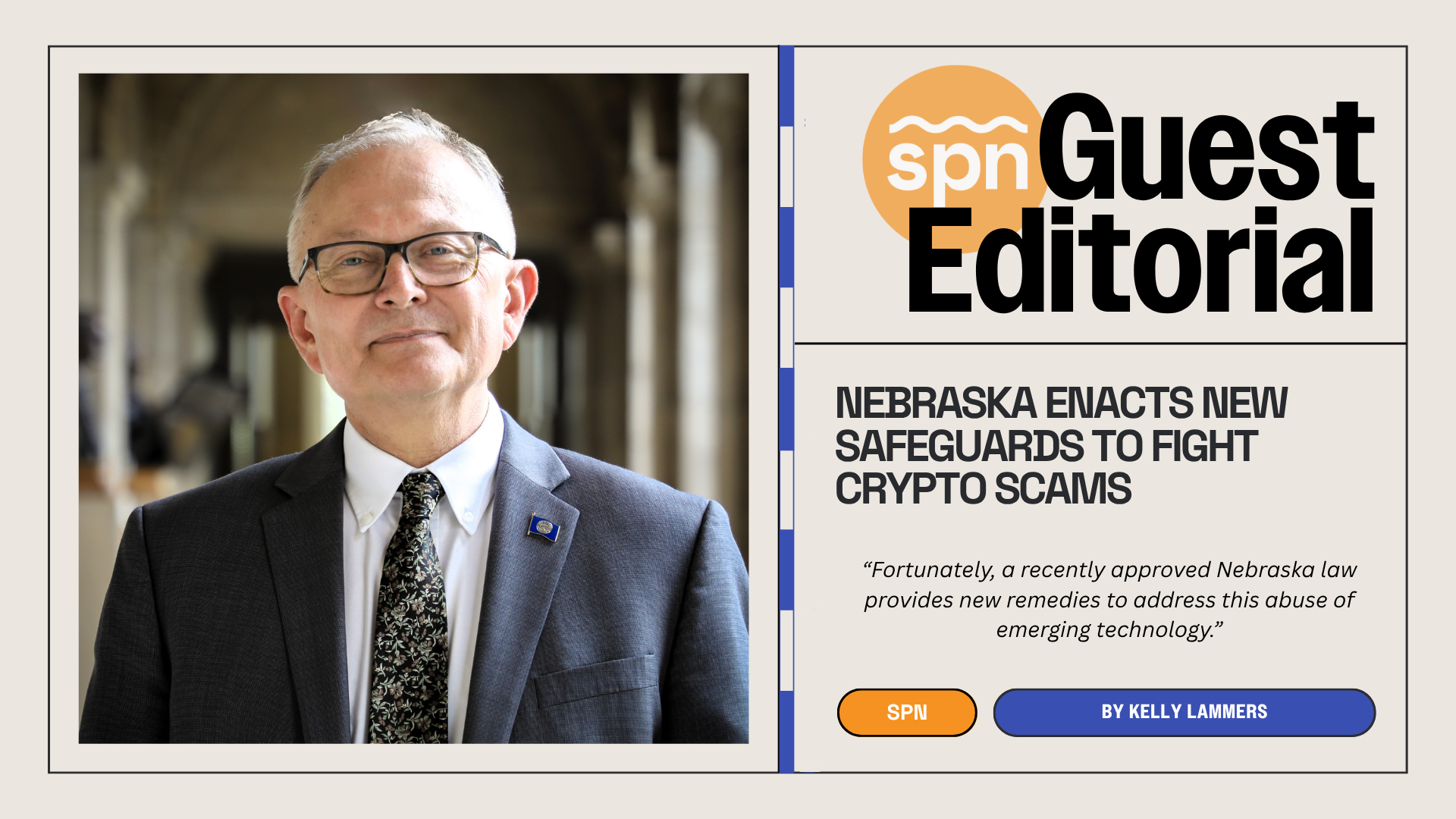Omaha startup Leash Pet Transportation was founded on the idea that, much like people, pets have places to be.
Whether it’s a session with a groomer, a day at doggy day care, or a trip to the veterinarian or a boarding facility, pet ownership can mean more errands, making humans feel like bona fide pet taxis.
Leash, founded by Marty and Kate Sampson, provides services to deliver your pet for you and cross a chore off your to-do list.
The Sampsons were handling a logistical nightmare one snowy day in 2018 when they came up with the idea for Leash. Kate was pregnant with their second child, the roads were bad for driving, and their dog, Wally, needed to get to his pet care facility.
“Neither of us could take him,” said Marty, “and we thought, wouldn’t it be nice if somebody could come pick up our dog for us and take him to day care? We just kind of looked at each other like, huh, interesting idea.”
After researching the market, the couple decided to get moving on the idea. Two years later, in March 2020, the Sampsons were ready to launch Leash.
“We were getting ready to really do a big marketing push in the Omaha market, and then COVID-19 hit,” said Marty. “We pulled back everything, and we kind of sat for about three months, trying to figure out what we were going to do.
Not ones to waste time, the Sampsons took advantage of the postponement time to design a new website and establish partnerships with pet businesses that have been able to continue operations during the pandemic. A soft launch took place in late May 2020.
“Starting a business in the pet industry during COVID has been a fun and interesting journey, to say the least,” said Marty, who’d wanted to start a pet business for some time before they came up with the pet concierge service idea.
According to Marty, the global COVID-19 pandemic has cut the pet industry both ways in terms of financial stability. On the one hand, pet adoptions have skyrocketed since March. On the other, businesses that serve such pet owners have financially stagnated.
“The pet care businesses, the businesses that we serve, have been hit really really hard because people were staying home,” he said. “The veterinarians are back at basically pre-Covid levels of business, but anything that’s not as essential, like doggy day care, walkers, sitters, are still down anywhere from 30 to 50 percent.”
Marty and Kate plan to hire regular contract workers once their business grows, but for now they do all of the driving. This way, the duo can work through any major kinks themselves during early stages.
“Omaha is a really good town for us to start this business,” said Marty. “It’s a large enough city that it has people who need the service, but I don’t have to drive an hour to pick a dog up. I can get anywhere really within 20 minutes. So it really allows us to soft launch the business and see what’s working, see what’s not working. Our theory is, hey, if we can get Leash to work and get traction and in a market like Omaha, we can and get it to work in any major market.”
The Sampsons developed Leash through the Startup Collaborative, a Greater Omaha Chamber of Commerce program that gives new entrepreneurs the skills, networks and access to funding needed to establish and sustain their business past the time that a typical accelerator or incubator would devote to a given startup.
“(The Startup Collaborative) helped us and walked us through the process of figuring out whether or not there was really a viable market for this service, and then what the key components were of getting going,” said Marty.
The Sampsons seized on the Startup Collaborative’s emphasis on the power of starting small.
“I think there is a desire by startups to go out and build a $100,000 app straightaway, when really all you need is to make a minimal viable product to start to see if there really is a market there for the service,” he said.
Although the pandemic continues to weaken the economy, Marty has found that opening their doors during this time gives them a solid foundation for when the economy returns to normal.
“I don’t think there’s ever a bad time to start a business,” he said. “It’s just important that you get started that you just put one foot in front of the other. You can’t control what’s going to happen in the world, and you don’t know what’s going to happen with your product or service, but you’ve got to just kind of run with it.”




